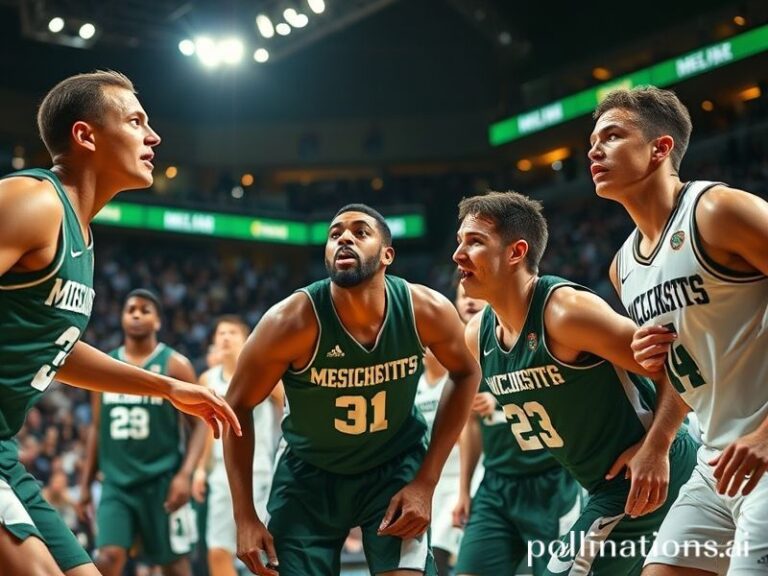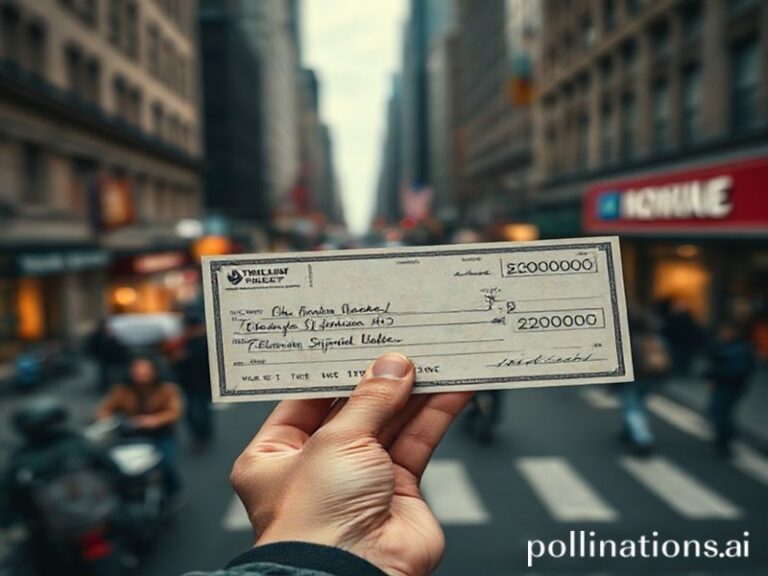Global Identity Crisis: How Rangers FC Became the World’s Most Unlikely Soft Power
**The Empire Strikes Back: How Rangers FC Became Scotland’s Accidental Ambassador to the World’s Darkest Corners**
In the grand theater of global football, where petrostates launder reputations through inflated transfer fees and oligarchs collect clubs like distressed real estate, Rangers FC stands as a peculiar anachronism—a 150-year-old institution that somehow embodies both the triumph and tragedy of a post-imperial nation nursing its wounds with whisky and nostalgia.
The Glasgow giants, fresh from their latest Scottish Premiership triumph, have become something far more significant than mere football champions. They’ve transformed into an unlikely vessel for Scotland’s collective psyche, exporting a particularly potent blend of working-class pride and historical grievance to every corner of the globe where expatriates gather to watch 22 millionaires kick a ball.
From the pubs of Toronto to the social clubs of Sydney, Rangers supporters clubs operate as miniature embassies of Scottish exceptionalism, where the Highland Clearances remain fresh news and the 1971 Ibrox disaster is recounted with the solemnity of religious scripture. It’s diaspora politics played out through football—a global support network that would make the Scottish government green with envy, if envy weren’t already their national sport.
The club’s recent European campaigns have revealed the fascinating schizophrenia of modern Rangers: simultaneously parochial and cosmopolitan, desperately Scottish yet unavoidably global. When they face German opposition, social media explodes with references to battles fought centuries ago, as if the UEFA coefficient were somehow linked to medieval clan warfare. It’s history as entertainment, trauma as branding—a business model that Silicon Valley startups would kill to replicate.
What’s particularly delicious is how Rangers has become a mirror for whatever neurosis you care to project. To the British right, they’re bastions of traditional values in an age of cultural surrender. To Irish republicans, they’re the last outpost of a dying empire. To neutral observers, they’re proof that football remains the most effective vehicle ever invented for transforming working-class energy into middle-class profit.
The club’s financial resurrection following their 2012 liquidation—sports journalists prefer the euphemism “administration”—reads like a metaphor for late capitalism itself. Death and rebirth, debt and redemption, all played out in the full glare of public scrutiny while lawyers grew fat on the proceeds. It’s enough to make you believe in reincarnation, or at least in the power of clever accountants.
Meanwhile, in the boardrooms of Asia and America, investors watch with interest. If Rangers can monetize historical grievance this effectively, imagine the possibilities for other marginalized groups. The Catalan independence movement must be taking notes. The Quebecois are probably shopping for strikers as we speak.
The global significance lies not in trophies won or records broken, but in Rangers’ demonstration that identity remains the ultimate commodity. In an era when nations themselves seem increasingly arbitrary—artificial constructs maintained by bureaucratic inertia rather than genuine shared purpose—football clubs offer something authentic: the raw, unfiltered emotion of people desperate to belong to something larger than themselves.
As climate change accelerates and liberal democracy teeters, perhaps we’re all Rangers fans now—clinging to tribal loyalties while the world burns, finding meaning in manufactured conflict, paying premium prices for the privilege of being part of something that never really existed in the first place.
The beautiful game, indeed.







